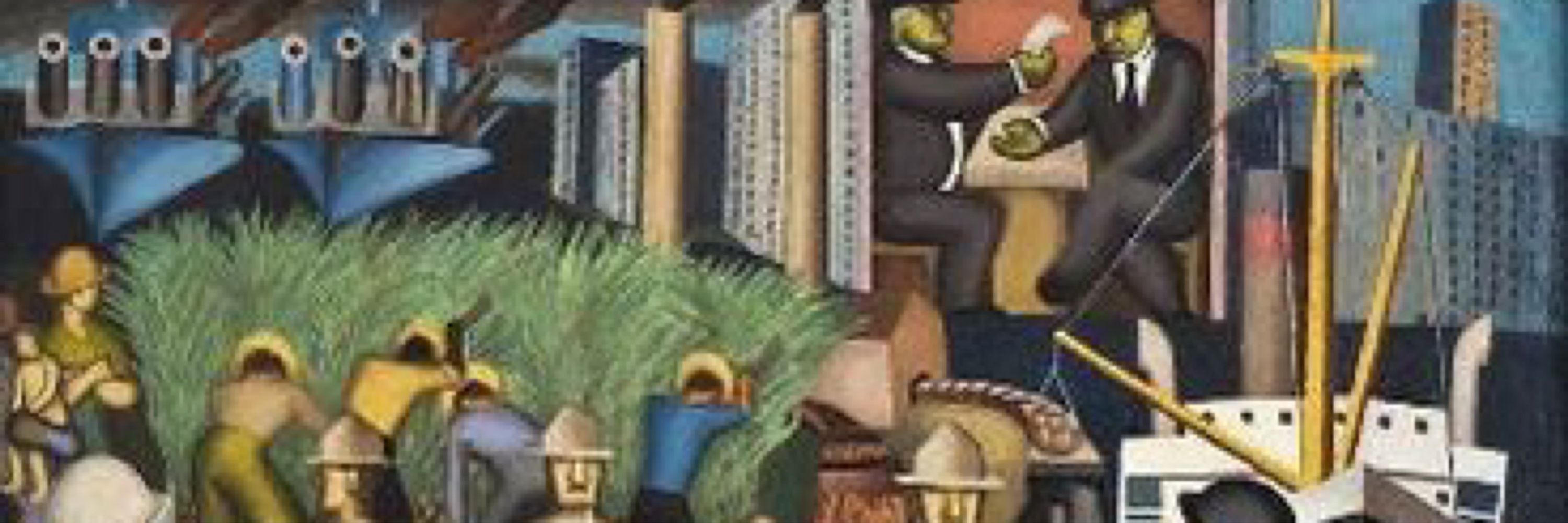
with what we know right now, this doesn't seem to pass the smell test *to me*. If they have actual evidence of this claim, now or in the future, I can revisit
with what we know right now, this doesn't seem to pass the smell test *to me*. If they have actual evidence of this claim, now or in the future, I can revisit
Cuba doubtless helps out and would be very disappointed/worried if Venezuela collapsed, but he's not Ngo Dinh Diem
Cuba doubtless helps out and would be very disappointed/worried if Venezuela collapsed, but he's not Ngo Dinh Diem

And, of course, Cuba's pro-Russia stance now
And, of course, Cuba's pro-Russia stance now
I'm not sure if you are up to date on my current project, but I'm doing Spain-Cuba from 1975-1999 (did MINREX archives). We should chat at some point! Very different periods but I'm sure you have more than a few bits of advice for looking at the Spain connection
I'm not sure if you are up to date on my current project, but I'm doing Spain-Cuba from 1975-1999 (did MINREX archives). We should chat at some point! Very different periods but I'm sure you have more than a few bits of advice for looking at the Spain connection
This was just a bit of realpolitik, the kind all states engage in when it matters
This was just a bit of realpolitik, the kind all states engage in when it matters
Fidel later commented to Rubiales later 'you got us in quite a situation'
Fidel later commented to Rubiales later 'you got us in quite a situation'
A democratic transition was possible (his coalition was divided) but so was a continuation via army
A democratic transition was possible (his coalition was divided) but so was a continuation via army
Mostly, it seems that Spanish trade with Cuba was significant & beneficial, plus Franco did not want to bow to US pressure on Cuba out of pride
Mostly, it seems that Spanish trade with Cuba was significant & beneficial, plus Franco did not want to bow to US pressure on Cuba out of pride
It came close, with the so-called Lojendio Affair in January of 1960, when the Spanish Ambassador by that name almost got into a fistfight with Fidel, relations never broke
It came close, with the so-called Lojendio Affair in January of 1960, when the Spanish Ambassador by that name almost got into a fistfight with Fidel, relations never broke

